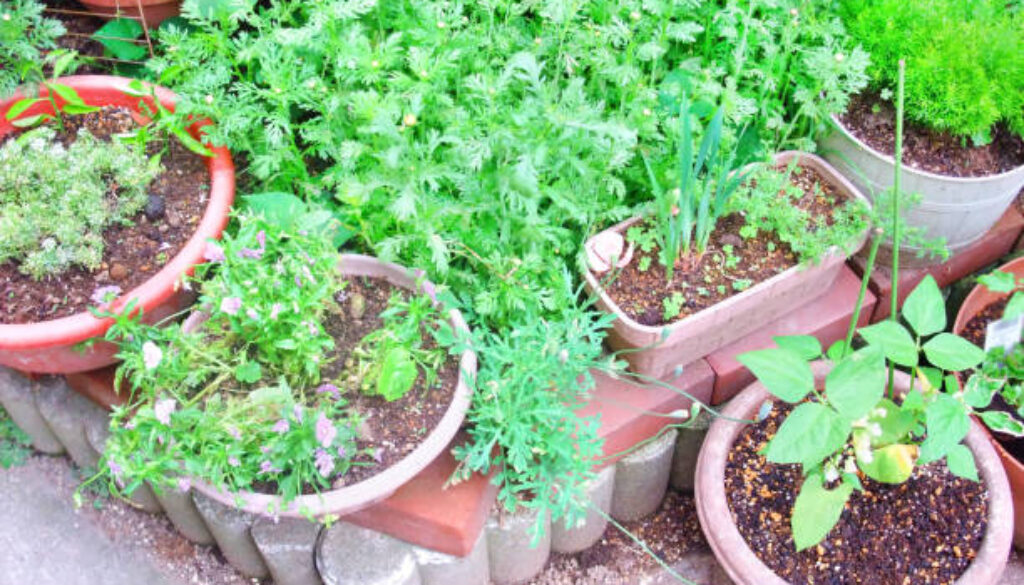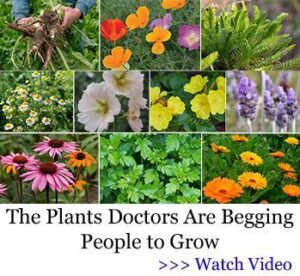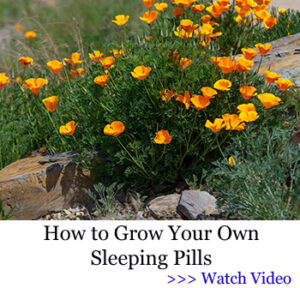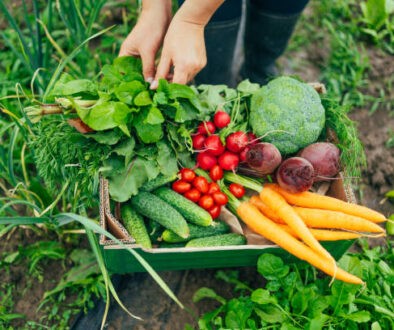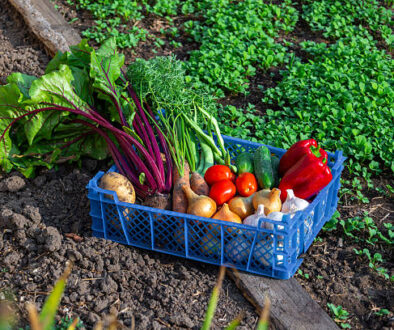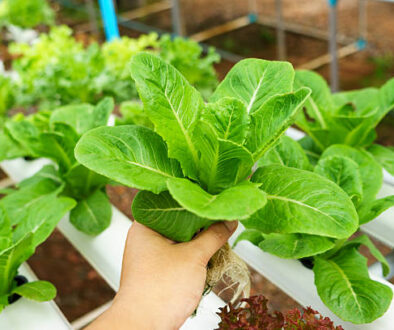Why Everyone should have a medicinal garden in their backyard
This post may contain paid and/or affiliate links. I may earn a small commission at no extra cost to you.
Imagine stepping into your backyard and finding a space filled with natural remedies right at your fingertips. Isn’t that awesome?
A medical garden isn’t just about growing plants; it’s about giving yourself easy access to nature’s medicine cabinet right from your backyard.
With a healing herbs garden, you can brew teas for stress, make soothing balms, or even ease a cold without running to the store.
Creating your own herbal medicine garden puts control of your health closer to home.
By growing simple medicinal plants, you’ll have fresh, safe, and affordable healing options just a few steps away.
The Benefits of Growing a Medicinal Garden
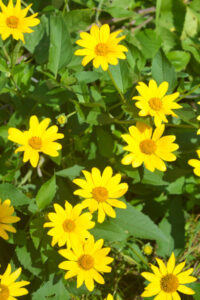
Having a medicinal garden in your backyard is like having your own natural pharmacy.
Instead of relying only on store-bought remedies, you can reach for fresh herbs and plants that have been used for centuries to treat everyday issues.
From calming an upset stomach to soothing a headache, these plants bring both peace of mind and a healthier lifestyle.
Beyond the physical benefits, tending to a garden can also lower stress and give you a sense of accomplishment.
Growing your own healing plants isn’t just about wellness; it’s about living more connected to nature.
Related:
- Why Having a Medicine Herbs Garden at Home is The Best Thing You Can Do
- The Main Reasons You Should Have a Medicine Garden at Home
- The Main Benefits of Having a Medicine Garden in Your Backyard
Why a Medicinal Garden Is Essential
Affordable Health Care at Home
Herbal remedies often cost far less than over-the-counter medicines.
A small backyard plot can provide herbs for teas, tinctures, oils, and balms.
Once established, many of these plants grow back each year, making them a long-term investment in your health.
Safer Ingredients
When you grow your own herbs, you know exactly what goes into them.
You avoid the pesticides and chemicals that are sometimes present in store-bought products.
This means you can confidently prepare remedies for yourself and your family.
Always Available
A well-maintained garden means you’ll always have something on hand for common problems like colds, cuts, or stomach upset.
Instead of rushing to the pharmacy, you can simply walk outside and gather what you need.
Choosing the Right Spot for Your Medicinal Garden
To grow a thriving garden, location is everything.
Most medicinal plants love sunlight, so choose a spot that gets at least six hours of sun each day.
Good drainage is also important since herbs don’t do well in soggy soil.
If your backyard doesn’t have ideal conditions, don’t worry—many medicinal herbs grow well in pots or raised beds.
This flexibility makes it possible for almost anyone to start a garden, even with limited space.
Must-Have Medicinal Plants for Beginners
Aloe Vera
This plant is perfect for burns, cuts, and skin irritation. Keep it near your kitchen or grill area, and you’ll always have a quick remedy for minor burns.
Peppermint
Great for teas, peppermint helps with digestion, nausea, and headaches. It also repels pests, making it useful in the garden as well as in your teacup.
Chamomile
Known for its calming effects, chamomile makes a soothing tea that helps with stress and sleep. The flowers are also beautiful, adding charm to your garden.
Echinacea
This hardy plant is famous for boosting the immune system and helping fight colds. It’s easy to grow and provides striking flowers too.
Lavender
Lavender is loved for its relaxing scent. You can use it in teas, oils, or simply grow it for its calming fragrance. It’s also a natural insect repellent.
How to Start Your Healing Herbs Garden
Plan Before You Plant
Think about the health concerns you most often deal with.
Do you struggle with stress, sleep, or stomach issues? Choose herbs that directly address your needs.
This way, your garden becomes personal and more practical.
Use Quality Soil and Seeds
Healthy soil makes healthy plants. Use compost or organic matter to enrich your soil.
Start with seeds or young plants from trusted sources so you know you’re getting the right variety.
Watering and Care
Medicinal plants don’t usually require much attention, but they do need consistent care.
Water regularly, especially in hot weather. Keep weeds under control so your herbs have space to grow strong.
Making Simple Remedies at Home
Herbal Teas
One of the easiest ways to use medicinal plants is by making tea.
For example, brew chamomile for relaxation or peppermint for digestion. Fresh or dried leaves both work well.
Salves and Balms
Melt beeswax with a carrier oil, then add infused herbal oil to create healing balms.
Aloe vera or calendula make excellent additions for skin care.
Tinctures
These are concentrated herbal extracts made by soaking herbs in alcohol or vinegar. They last a long time and are convenient for quick use.
Essential Oils
With a little more effort, you can distill essential oils from certain plants. These can be used in aromatherapy or diluted for topical use.
The Emotional Benefits of Gardening
A medicinal garden isn’t only about physical health.
Working in the soil, caring for plants, and watching them grow brings mental and emotional balance.
Gardening reduces stress, encourages mindfulness, and provides a sense of purpose.
Spending just a few minutes a day in your garden can help clear your head and improve your overall mood.
Passing Knowledge Down
When you grow your own medicinal plants, you create an opportunity to share valuable knowledge with your family.
Kids can learn how plants support health, and older generations can pass down traditional uses.
This keeps cultural wisdom alive while giving your family practical tools to live healthier.
Conclusion
A medicinal garden in your backyard gives you access to safe, affordable, and natural remedies.
It also strengthens your connection with nature and improves your emotional well-being.
Whether you start small with a few pots or build a large herbal medicine garden, the rewards go far beyond the plants themselves.
Every step you take in planting and caring for these healing plants is an investment in your health and your lifestyle.
FAQs
- Do I need a large backyard to grow a medicinal garden?
No, you can grow medicinal plants in pots, raised beds, or even window boxes. Many herbs thrive in small spaces as long as they get enough sunlight. - Are medicinal plants safe for everyone to use?
Most are safe, but some herbs may interact with medications or cause allergies. It’s always smart to do a little research or talk to a healthcare provider before using them regularly. - How long does it take for a medicinal garden to be useful?
Some herbs, like peppermint and chamomile, can be harvested in just a few weeks. Others, such as echinacea, may take a year before they’re ready for full use. - Can I grow medicinal plants indoors?
Yes, many herbs do well indoors if you place them near a sunny window. Basil, mint, and aloe vera are especially good for indoor growing.
